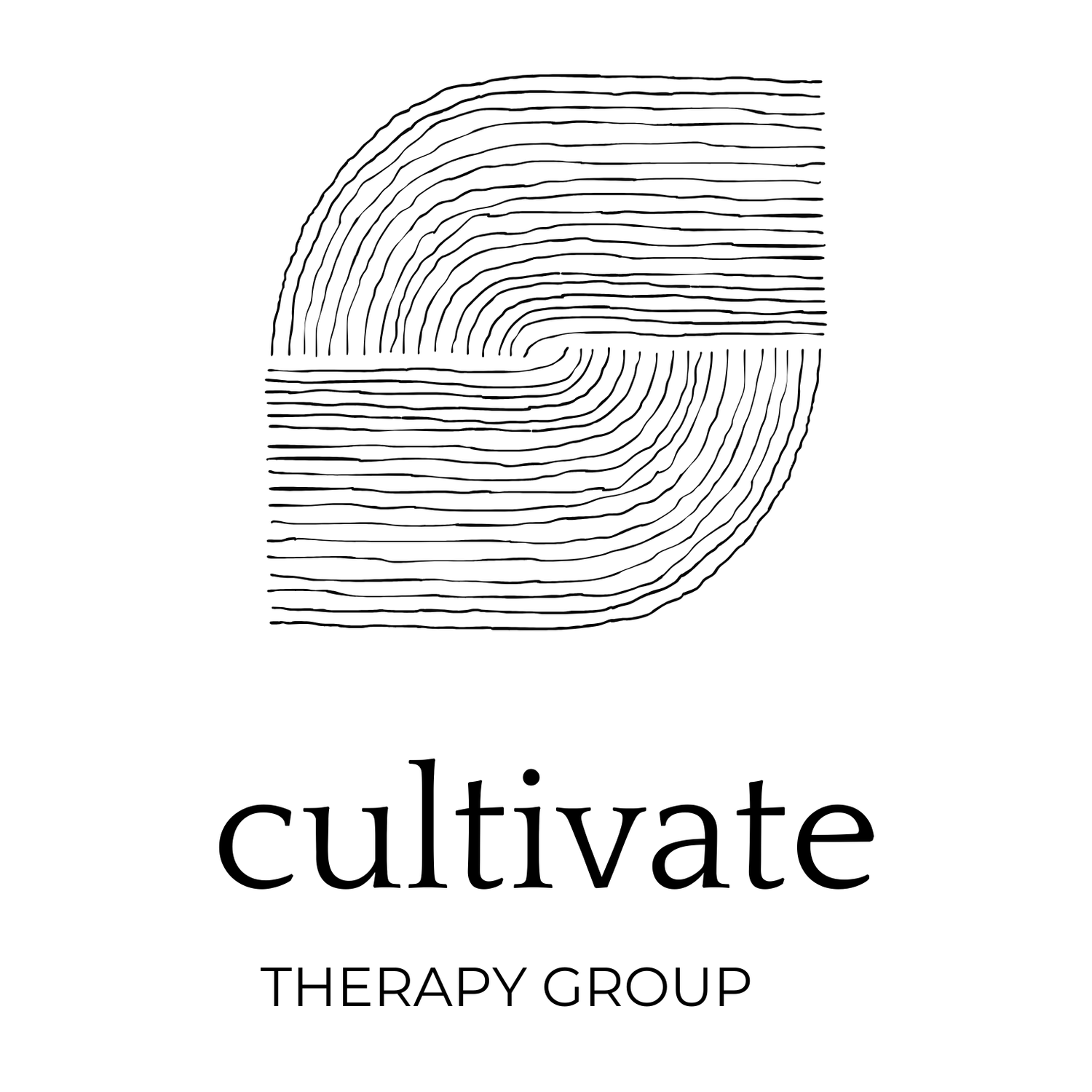What are Good Therapeutic Disclosure Questions?
When you discover your partner’s sex or love addiction, you want to want to know everything. This usually yields conversations late into the night, rehashing the past in an effort to seek safety and make sense of the past. I like to call these conversations drive-by disclosure. It is profoundly disorienting to doubt your own history. Enter the formal therapeutic disclosure process, aimed at restoring dignity and providing information so you can make informed decisions about your future. (You can read more about that process here).
The professional containment & guidance of the disclosure process is vital in order to reduce unnecessary trauma. It is always recommended that couples engage the therapeutic disclosure process under the guidance of therapists specifically trained in sex addiction treatment & experience in facilitating formal disclosures. If the addict is preparing disclosure under this expertise, a standard therapeutic disclosure will include details such as: type of acting out behavior, frequency of behaviors, general timeline of behaviors, number of partners, estimate money spent, and alibis used to cover up behaviors.
Assuming the addict is working with a sex addiction therapist expert, you can relax the pressure to ask all the questions for fear they won’t be covered if you don’t ask it explicitly. Your job, as a partner, is to determine what level of detail/information you want to know, what you don’t want to know, and specific questions you’d like answered. These specific questions are the meat of your disclosure preparation.
Good formal disclosure questions are things your therapist would never know to ask, incidents from the past that still rattle around in your brain. Getting clarification around these events can help reinforce your ability to trust your instincts in moments that felt off, and give you some context and timelines for grounding. Some specific question examples:
“Did you act out that Christmas that you told me you had work to finish up & arrived 3 hours late to my parents’ place?”
“Did you act out on that business trip to New York?”
“What is your relationship with the person I caught you texting, but you told me it was a coworker?”
“What is the story behind the flower delivery you told me was for your mom?”
“Were you acting out the day you missed our daughter’s school play?”
“Do any of my friends or family know about your acting out?”
When you are preparing for therapeutic disclosure, it’s helpful to carry a notebook or keep a running document on your phone. Questions and memories will pop up as you stand in line at the grocery store or as you are falling asleep - quickly jot the question down and go back to your day.
Preparing for formal disclosure is an important step in your recovery & betrayal healing. If you need support, reach out to get started.

